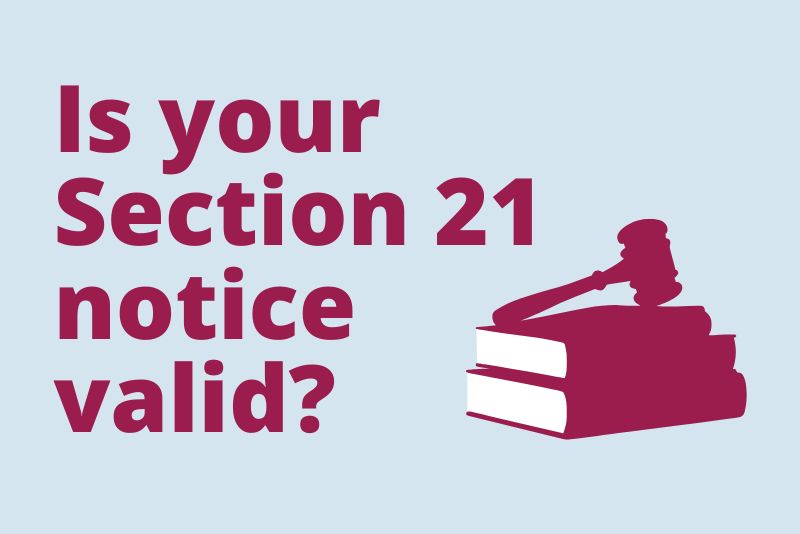Southwark Council es uno de los muchos distritos de Londres que requieren que los propietarios privados obtengan una licencia de propiedad. Es posible que haya escuchado que hay más de dos tipos de licencias y cada una tiene sus propias reglas y regulaciones. Pero, ¿qué es realmente la concesión de licencias y por qué es importante para los inquilinos?
Puede traducir este artículo en español haciendo clic en el botón de idioma. Se encuentra en la parte superior de esta página web. Ver la imagen del botón de idioma al final de este artículo.
Understanding licensing and cut through the jargon can be tricky, so we will start off this article series by explaining the very basics of licensing. Here are five simple Questions & Answers to help you grasp the concept.
How many types of property licenses are there in Southwark?
There are three types:
- Mandatory HMO
- Additional HMO licensing
- Selective Licensing
I’m a little confused. Can you explain how they all differ from each other?
- Mandatory HMO applies across England. This means that the house or flat is occupied by five or more people who are not related but live together, forming two or more separate households.
- Additional HMO licensing applies to properties shared by three or more people who are not all related, forming two or more households and share facilities such as kitchen, bathroom or living room.
- Selective licensing is the most straight-forward type. It applies if the property is rented out to a single person, couple or single household in all wards apart from Borough and Bankside, St George’s, North Bermondsey, and Dulwich Village.
You mentioned “households”. Can you explain what it means and how is it counted?
Sure. The number of households matter because the type of property license needed depends on the number of households in the property. The number will dictate what rules and regulations the landlord will need to follow.
You can count the households quite easily by looking at the relationship between people.
One household is made up of family members, a couple, two unrelated people sharing the same home or a single person.
Unrelated adults who are not a couple or part of a family are separate households.
We will explain the aspect of households in the next article and provide you with examples.
Ok, but I am a tenant and do not need to purchase a property license; it is my landlord’s responsibility after all. Why do I need to know anything about licensing?
That’s a great question. While in some instances tenants might care little about licensing because they have a good relationship with their landlord and live in a well-maintained accommodation, tenants in less favorable circumstances will most certainly benefit from understanding licensing.
For example, if you are a tenant and live in a flat or house which is either:
- sub-standard with repair issues such as mould, drafts, leaks, infestations or similar
- overcrowded, meaning that you share your home with more people than is legally allowed for the number of bedrooms.
- rented out by a landlord who does not maintain the property but still expects you to pay rent
- rented out by a landlord who threatens eviction or asks you to leave the property suddenly
you should check if the property needs a license. If does not have one, notify the Council as soon as possible. The benefits for doing so are:
- landlord being asked to carry out repairs and bring the property up to a standard
- landlord being fined for failing to rent a property with a license. The fine can be as high as £30,000!
- repayment of rent to you via Rent Repayment Order (RRO) – this could be as much as 12 months’ worth of rent!
Find out more about RRO’s in this article here
Understood. Where do I check if my home requires a license and how do I notify the Council?
You can do both via Southwark Council’s website, follow the link here
We will be publishing further articles on the subject in the next upcoming weeks. If you would like to ask us a question, please let us know via our contact form. We would love to hear from you!




